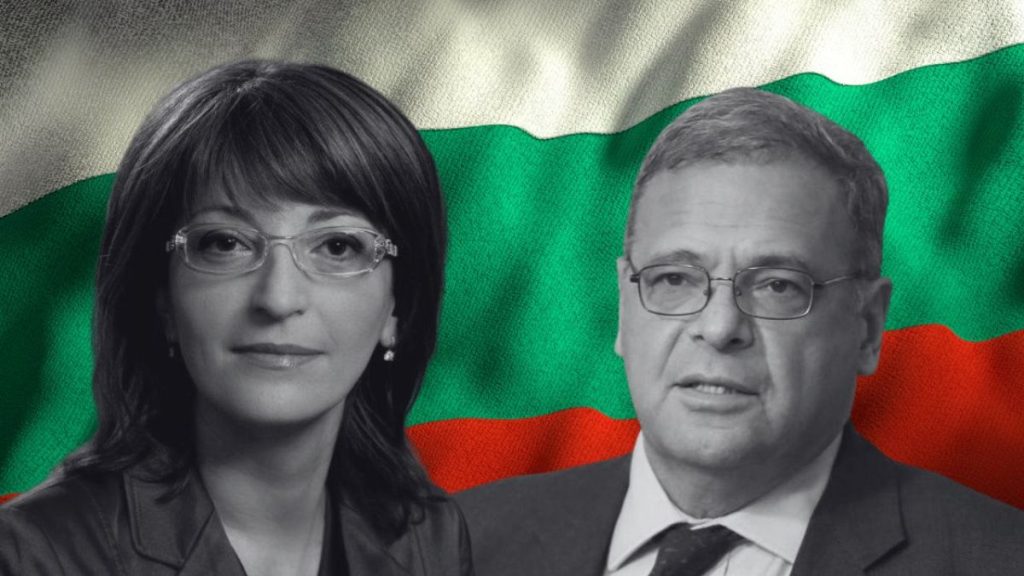Bulgaria has decided to propose Ekaterina Zaharieva and Julian Popov as its two candidates for European Commissioner, following a last-minute decision. Zaharieva, who was selected by the GERB party, has a long ministerial career, including stints as minister of regional development, deputy prime minister, and foreign affairs minister. Popov, proposed by the centrist We Continue the Change party, has a background in environmental policy and advocacy for renewable energy. The decision to propose both a man and a woman for the EU executive comes amidst a political crisis in Bulgaria, with a caretaker government currently in charge until elections are held in October.
The proposal of Zaharieva and Popov would make Bulgaria the only country to heed Commission President Ursula von der Leyen’s request to nominate both male and female candidates by the August 30 deadline. Each EU member state is required to nominate a representative for the EU executive, with the new Commission set to start in office in November. The current composition of the proposed candidates includes 18 males and seven females, highlighting the need for more gender representation in the EU leadership. The portfolios that Zaharieva and Popov will be assigned are still unknown, but von der Leyen is facing pressure to appoint more women to address the gender imbalance.
The decision to propose Zaharieva and Popov was made following discussions between President Rumen Radev and Prime Minister Dimitar Glavchev. Zaharieva, born in 1975, has a strong background in diplomacy and politics, having served as minister of regional development and public works, deputy prime minister, minister of justice, and foreign affairs minister. Popov, on the other hand, has a background in environmental policy and advocacy for renewable energy, having served as minister of environment and water and as a senior advisor to the European Climate Foundation. The selection of these candidates comes after a delay in the nomination process due to Bulgaria’s ongoing political crisis.
While it is not yet clear what specific portfolios Zaharieva and Popov will be assigned, their nominations mark Bulgaria’s compliance with von der Leyen’s request for gender-balanced representation in the EU executive. The current composition of proposed candidates highlights the need for more female representation, with only seven out of 25 nominees being women. With the new Commission set to take office in November, the pressure is on von der Leyen to ensure gender equality in the EU leadership. Bulgaria’s decision to propose both a man and a woman for the EU executive sets a positive example for gender representation in European politics and emphasizes the importance of diversity in decision-making roles.


